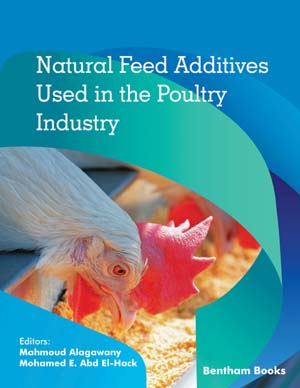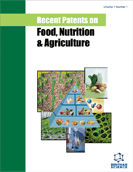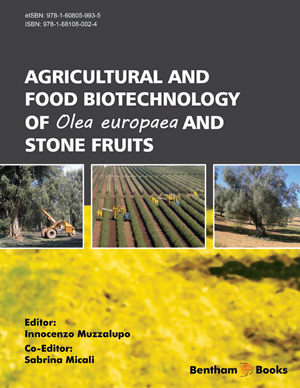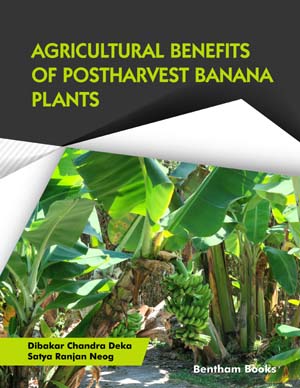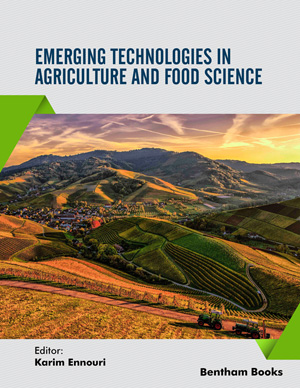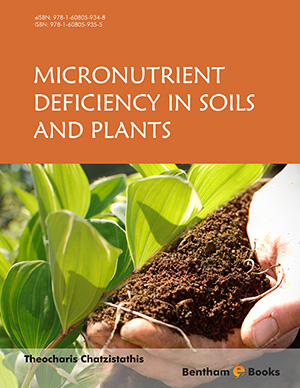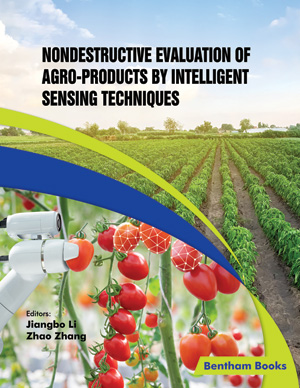Abstract
In the last decade, poultry nutritionists were particularly interested in inspecting relevant natural antibiotic alternatives to be used in poultry feeding to reduce the competitive efficacy of bacterial resistance and its residuals in poultry products. Using antibiotics and hormones in feed not only raises production costs but they also get incorporated into the processing of meat and eggs and increase microbial resistance. Several synthetic medicine and growth promoters are fortified into broilers diets for fast growth. However, their use still shows some drawbacks, such as high costs, adverse side effects on bird health, and extended residual properties. Thus, the primary aim of poultry production is to obtain higher performance through increasing the feed efficiency besides getting safety products for consumption. Due to their nutritional and immunological effects, such as improved feed efficiency, regulation of endogenous digestive enzymes, immune response stimulation, antiviral, antibacterial, and antioxidant properties, medicinal plants seem to be of great importance. Turmeric (Curcuma longa) is a useful medicinal herb belonging to the ginger family, Zingiberaceae which is inherent to the Asian subcontinent. It has numerous medicinal properties, such as antimicrobial, anti-inflammatory, antimutagenic activities, and other beneficial health applications. Furthermore, turmeric contains several biologically active compounds such as curcumin, bisdemethoxy curcumin, demethoxy-curcumin, and tetrahydrocurcuminoids, which may be responsible for these beneficial effects. Besides, turmeric is safe due to its low toxicity index and could be effective against aflatoxin-induced mutagenicity and hepatocarcinogenicity. In this chapter, we will discuss the valuable effects of turmeric in terms of the production, carcass traits, and ameliorative role in bird .
Keywords: Growth promoter, Immunomodulation, Poultry, Turmeric.


